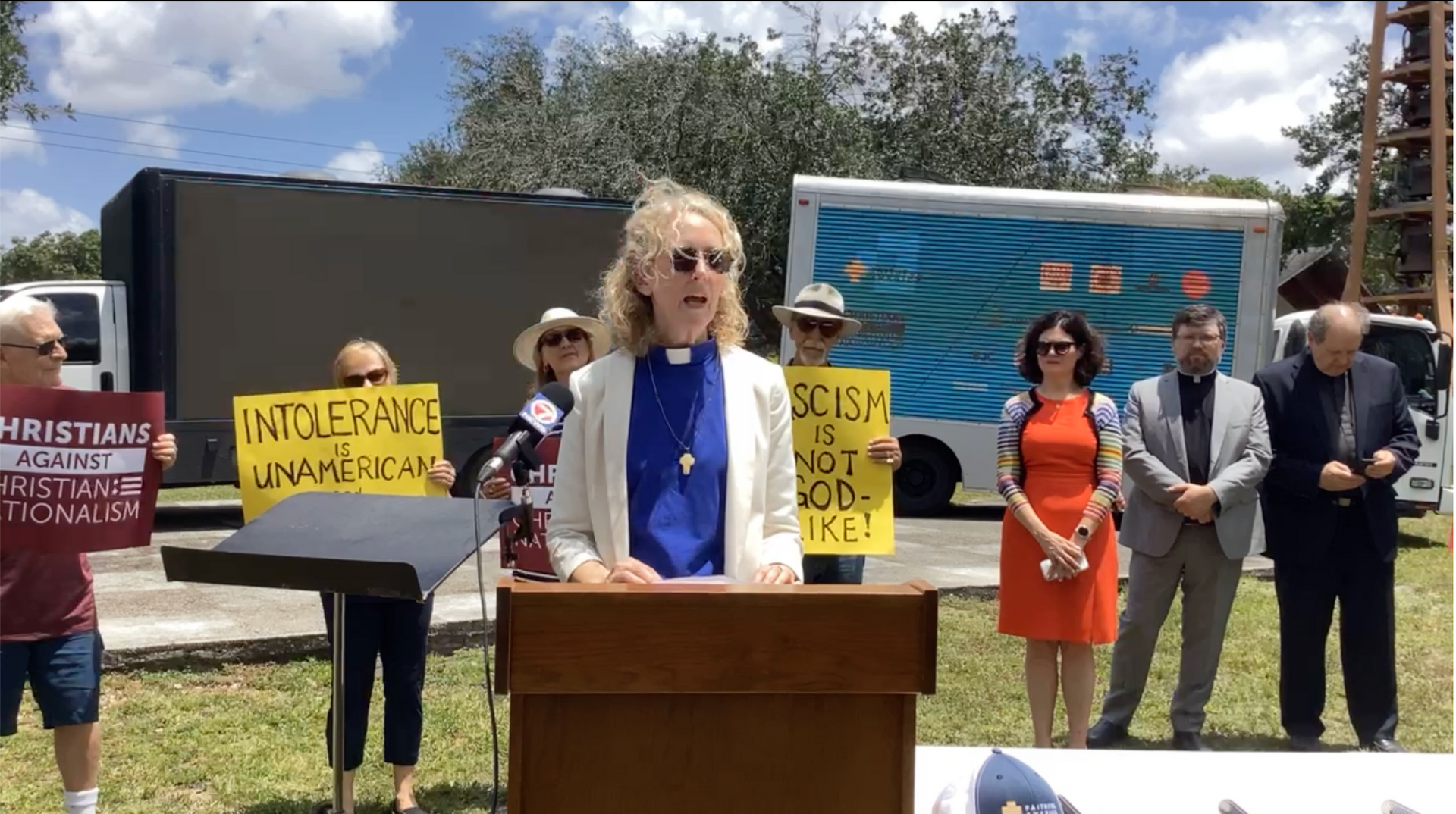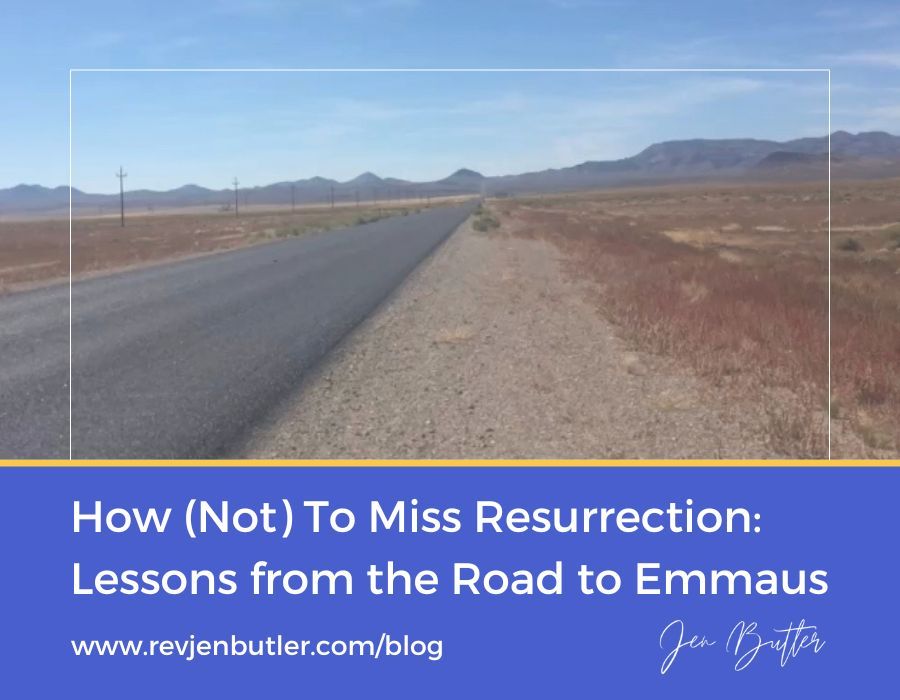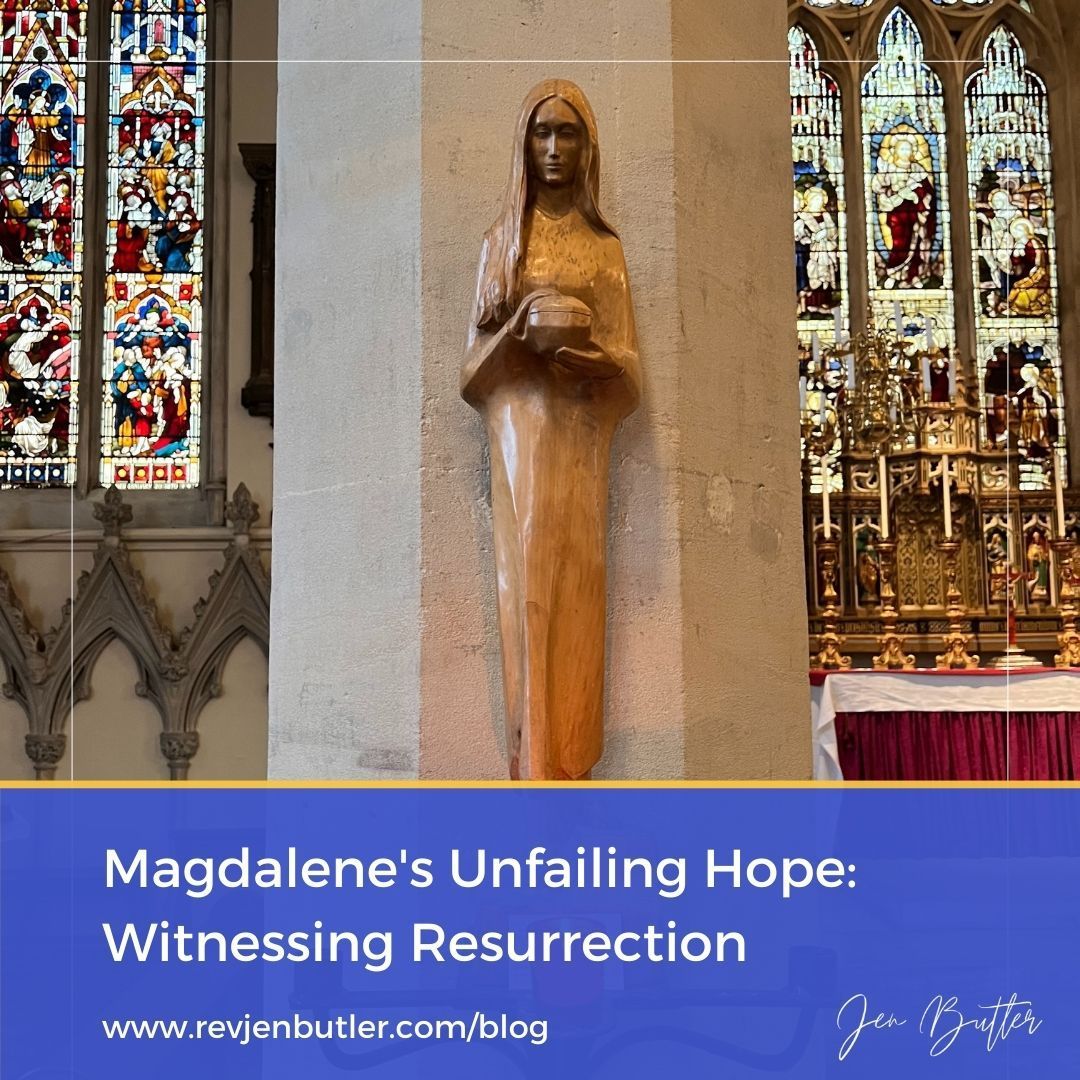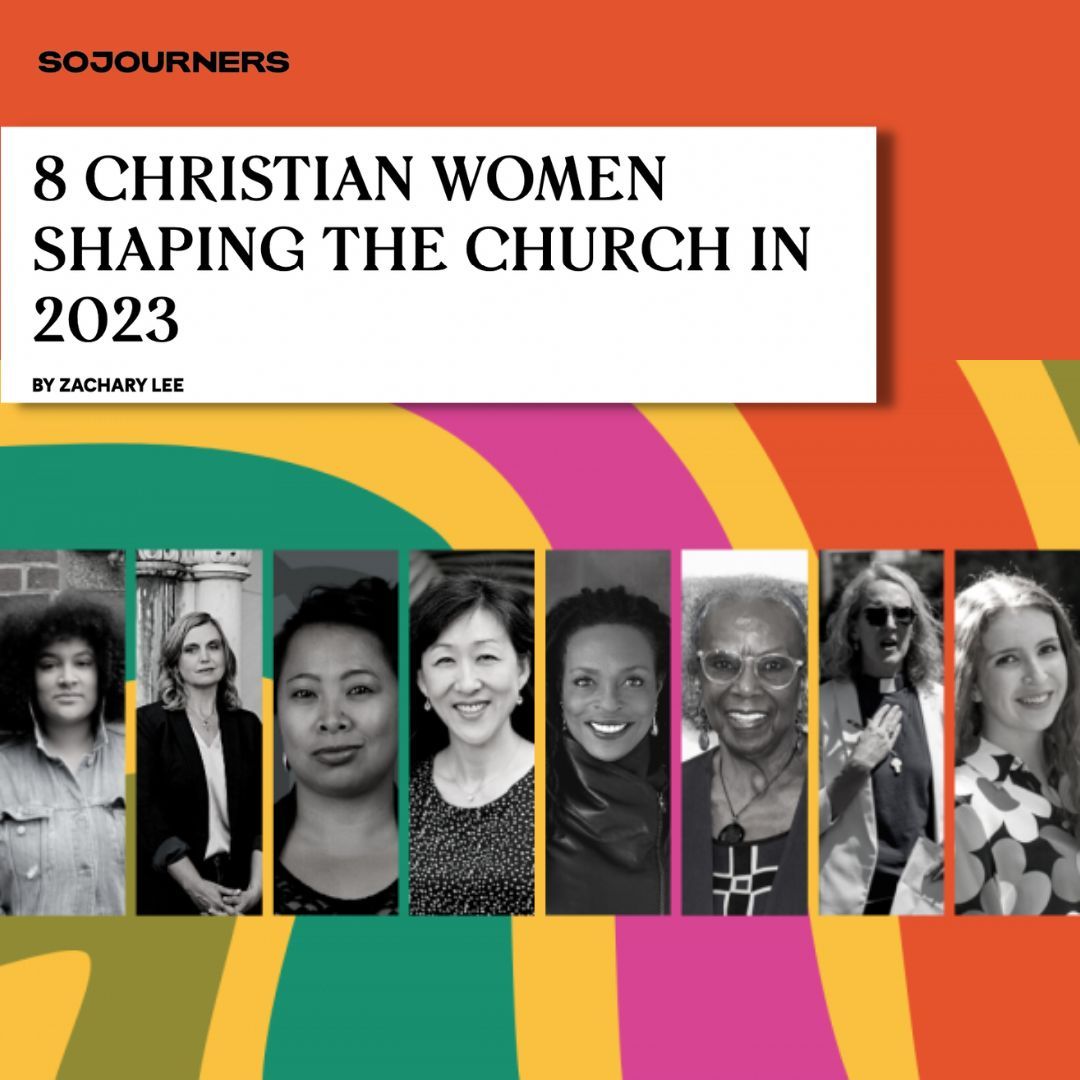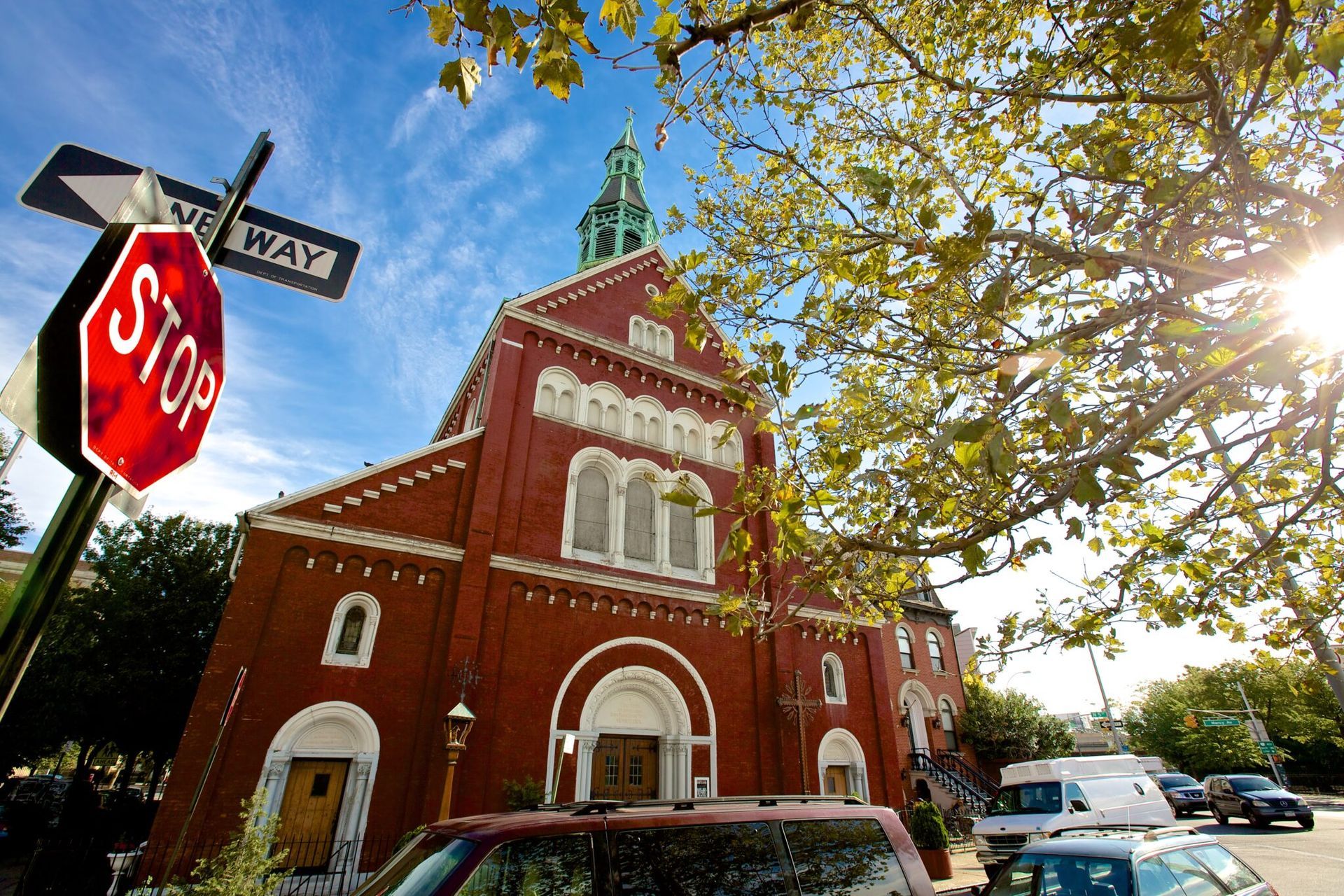February 27, 2023
Many of us see the impact of rising support for Christian nationalism and QAnon as people we know get pulled into these dangerous belief systems. How can we help when friends, family or co-workers have been drawn to such beliefs? This month, nineteen faith organizations in Wisconsin came together to host my Faith in Democracy Tour and this is one of the important topics we covered. Challenging fear-based ideologies is critical to saving our democracy and Wisconsin has found itself at the epicenter as a battleground state. With one in five Americans caught up in QAnon and over fifty percent of Republican voters adhering or sympathetic to Christian nationalism, it’s time we figure this out. We can’t afford NOT to reach those in our orbit. Research shows that relationships and trust are the only way to reach people pulled into extremism. We often have more power than we know to influence the people in our lives away from these destructive ideologies. As one who has had more than my share of knock-down-drag-out debates at family gatherings, I have been wrestling over the years with what to do when I encounter this ideology taking root in the souls of people I am deeply connected to. I recognize that the suggestion we can even have healing conversations with those who embrace antisemitic, racist and sexist ideologies may seem strange or even offensive, particularly if you are the target of such views. I speak to white Christians in particular when I say we need to pull our people out, and I recognize this work is not for everyone. How do we “pull people out?” Most of us want to tackle wrong beliefs with facts and logic. Instead, psychologists have found that we must first address the underlying fear, anxiety or anger that has driven the person into the hands of a dangerous worldview. We need to understand the psychology behind extremism. Research shows that people are most vulnerable to conspiracy theories and violent extremism when their cultural worldview--the beliefs, values and structures that give meaning and structure to one’s life--is shattered. “Social domains” are the institutions and social structures that hold a worldview in place. They include religion, culture/media/Hollywood, government, science, gender roles, the economy, education, ideas about race and class and many more. When these domains are shattered, people become psychologically vulnerable. You can imagine some of the challenges to these social domains in recent years: sex scandals in religious institutions and Hollywood, a pandemic and a strained medical system that leave many feeling neglected and doubting science, rapidly changing social norms and structures and growing economic inequality that threatens livelihoods. As a person’s social domains unravel, they experience anger, anxiety and lack of trust. Conspiracy theories and violent worldviews offer a sense of belonging, meaning and purpose. They appeal not through logic but through meeting emotional needs. QAnon, for example, offered a community that bonded over pursuing clues left by “Q” who was believed to be a high-placed government official seeking to dismantle a cabal of elites who trafficked children. In order to disrupt or dismantle dangerous beliefs, we must first address the same underlying emotional needs that these beliefs appear to meet.
